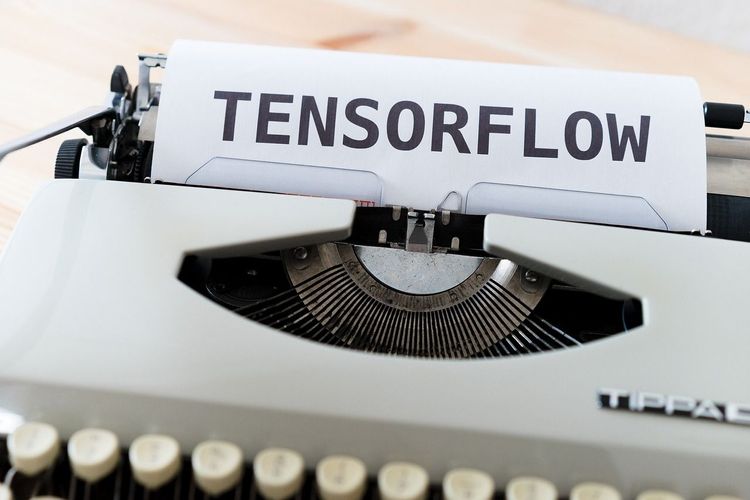Donald Trump Shares Fake AI-Generated Endorsement from Taylor Swift
Most people like
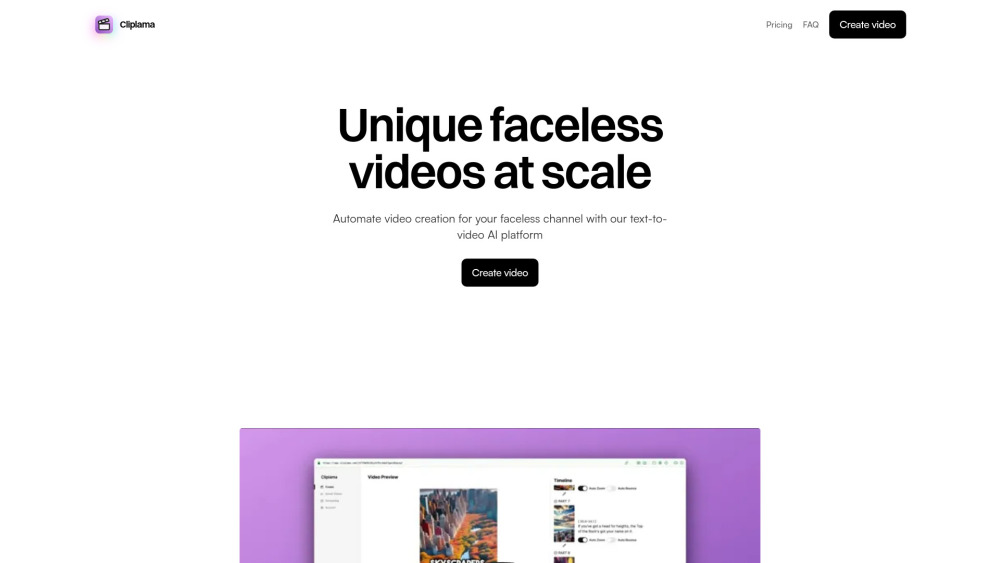
Streamline your social media strategy with automated video creation. In today's fast-paced digital landscape, engaging video content is essential for capturing your audience's attention. Automated tools revolutionize the way you produce videos, making it easier and faster to share compelling stories, showcase products, and connect with your followers. Whether you're a brand looking to enhance your online presence or an individual creator aiming to amplify your reach, discover how automated video creation can elevate your social media game.
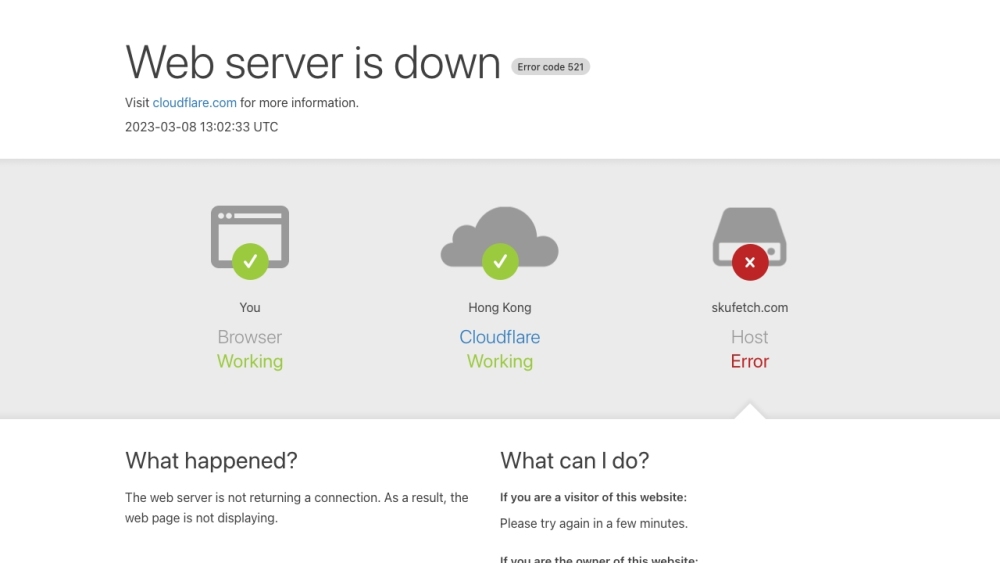
Introducing a streamlined service designed to gather, organize, and edit product information from suppliers, then seamlessly distribute it to various listing platforms. This solution simplifies your workflow, ensuring your product data is accurate and ready to engage customers effectively.
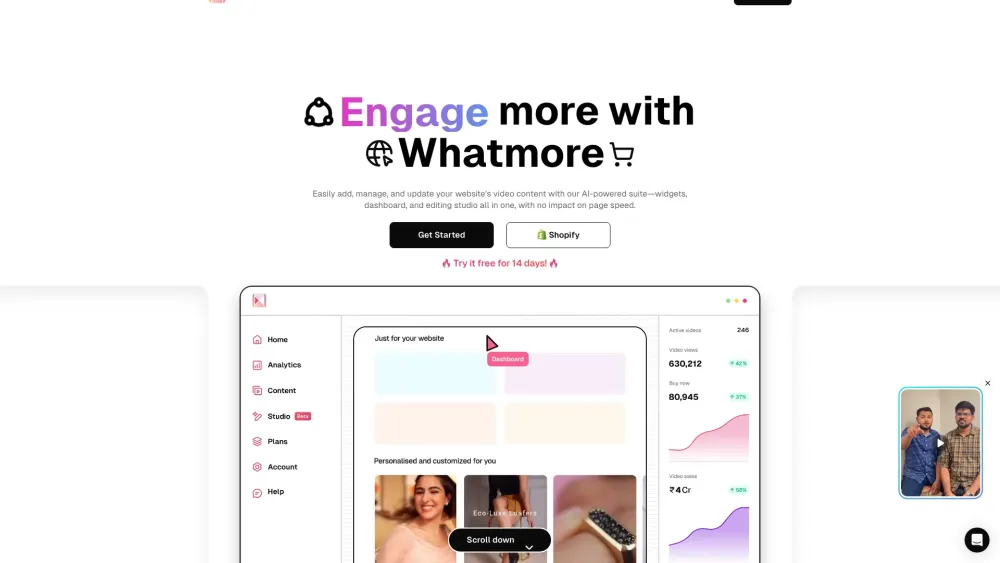
In today's digital landscape, the intersection of artificial intelligence and video commerce is revolutionizing how consumers shop online. Our AI-powered video commerce platform seamlessly integrates engaging video content with e-commerce functionality, creating a unique shopping experience that captivates customers and drives sales. With advanced analytics and personalized recommendations, businesses can not only enhance their customer engagement but also optimize conversion rates. Discover how our innovative solution can transform your e-commerce strategy and elevate your brand in the increasingly competitive market.
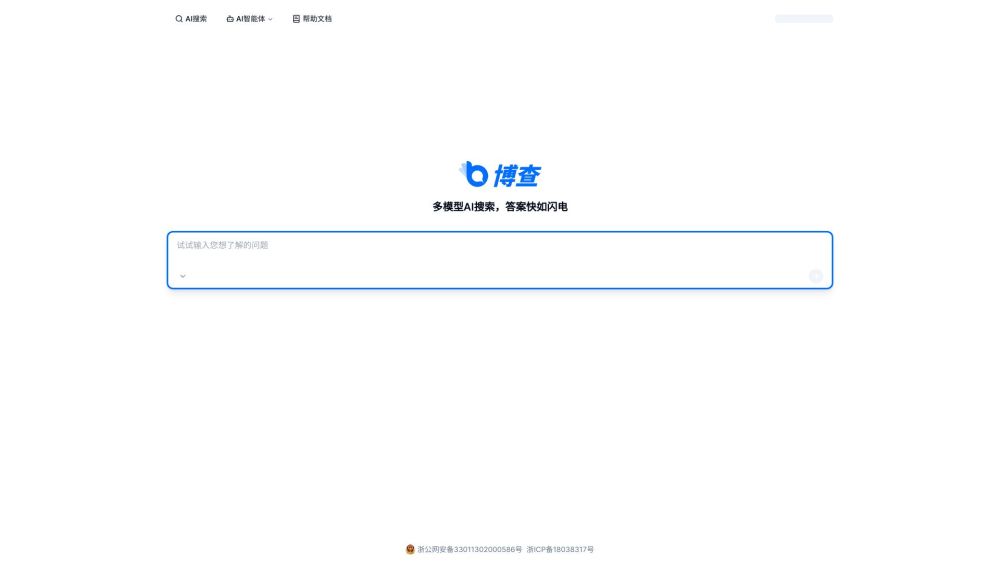
Introducing an Ad-Free Answer Engine: Your Go-To Source for Clear, Unbiased Information
In a world overwhelmed by advertisements and marketing distractions, finding straightforward answers can be a challenge. Our Ad-Free Answer Engine provides a clutter-free platform, delivering precise and reliable information without any interrupts or promotional content. Dive into an experience where your quest for knowledge is prioritized, ensuring you get the insights you need—when you need them. Discover clarity without the noise!
Find AI tools in YBX

